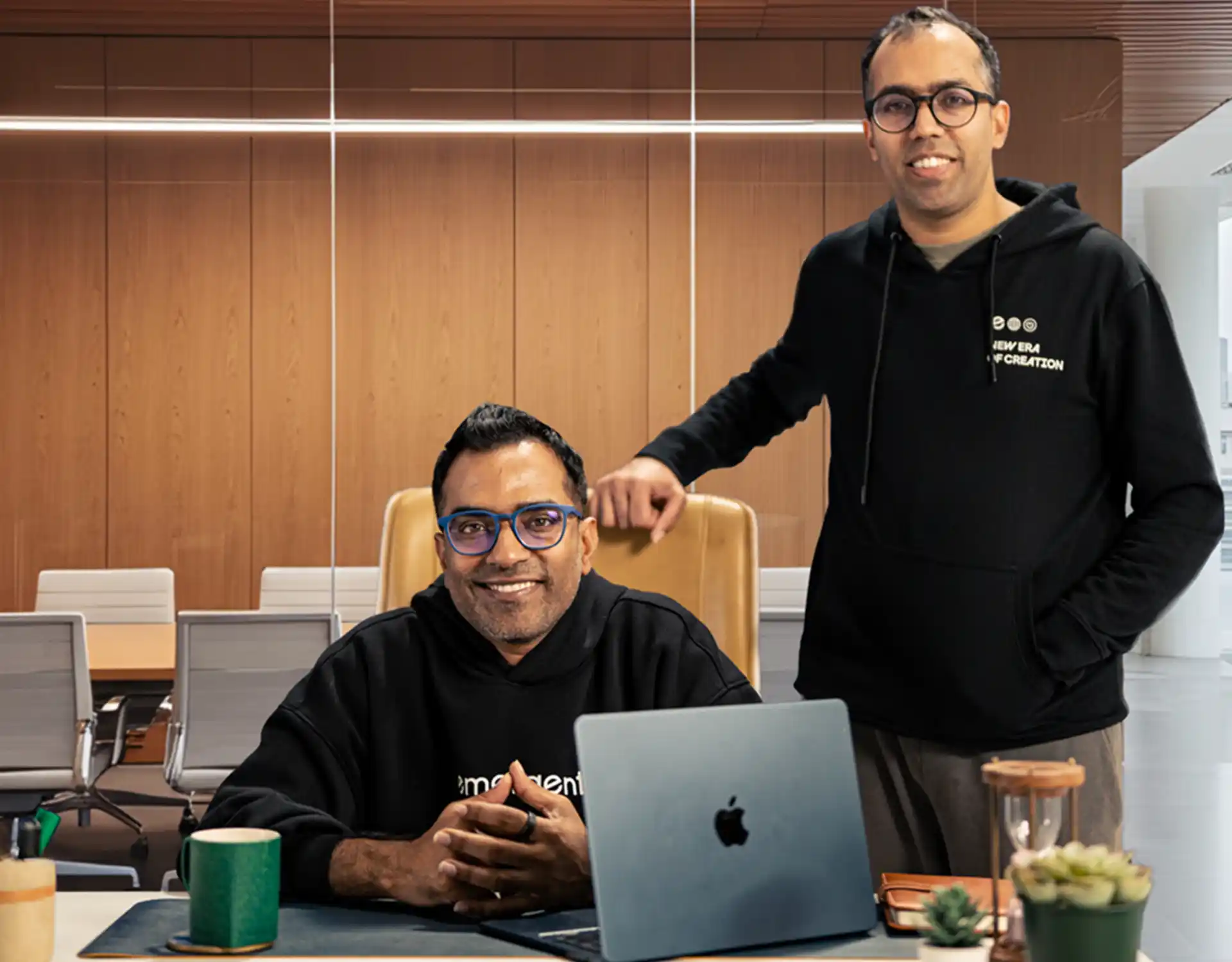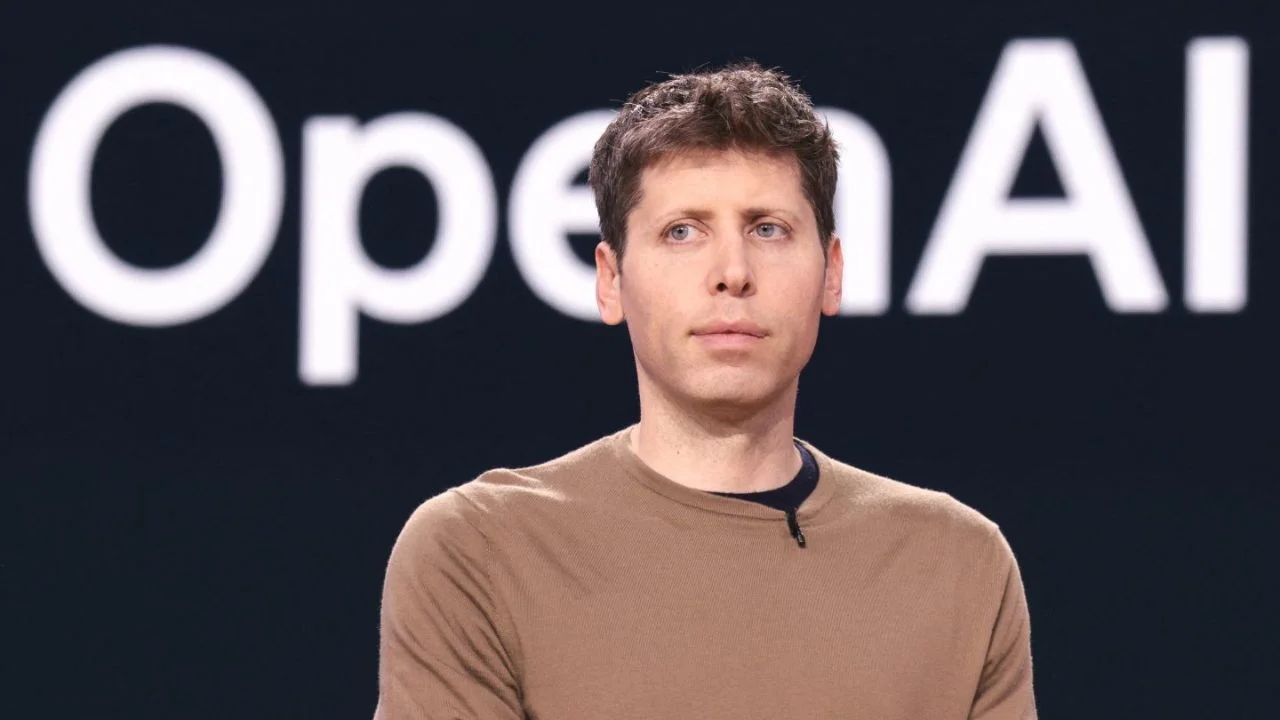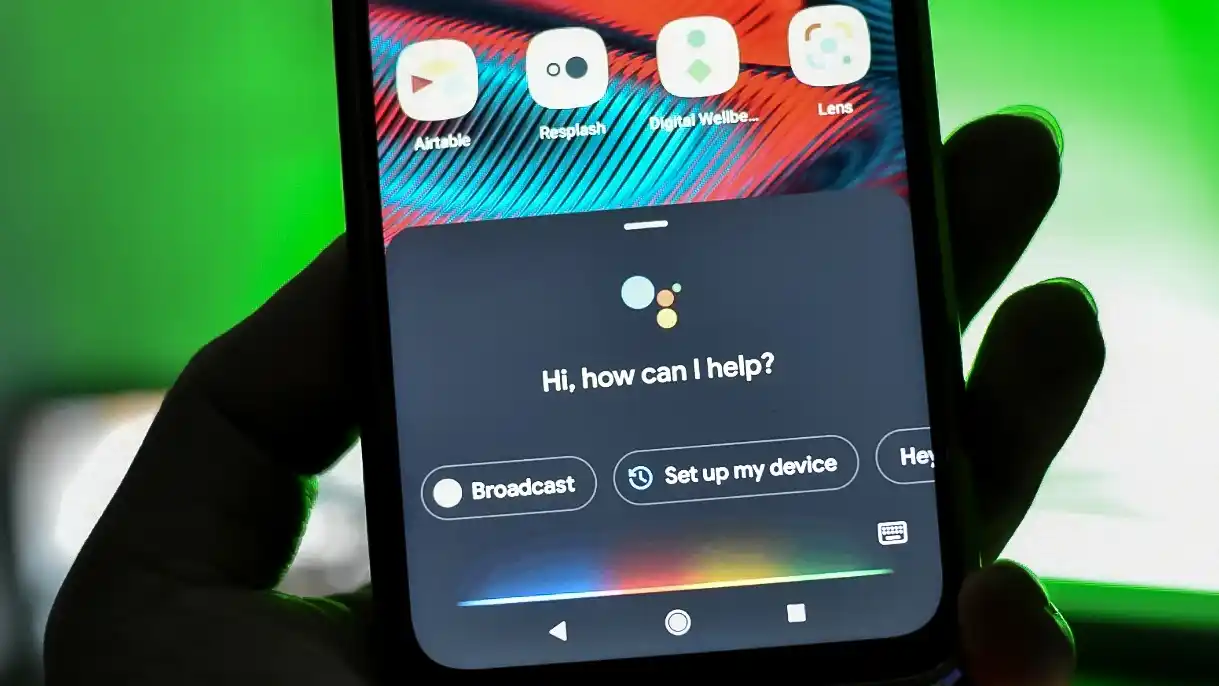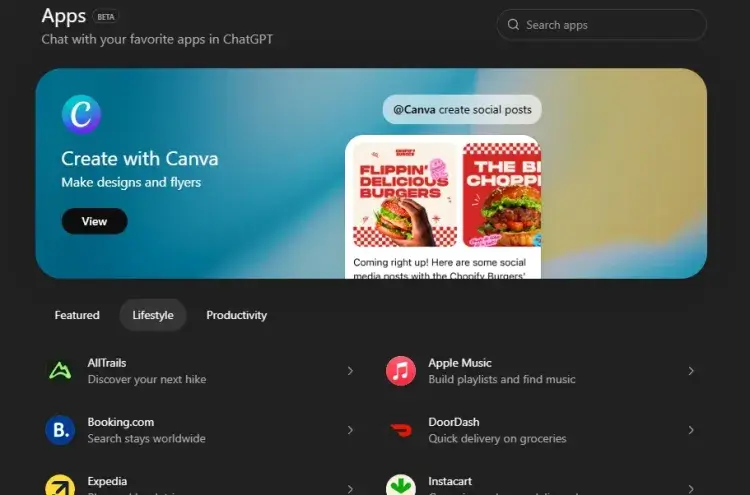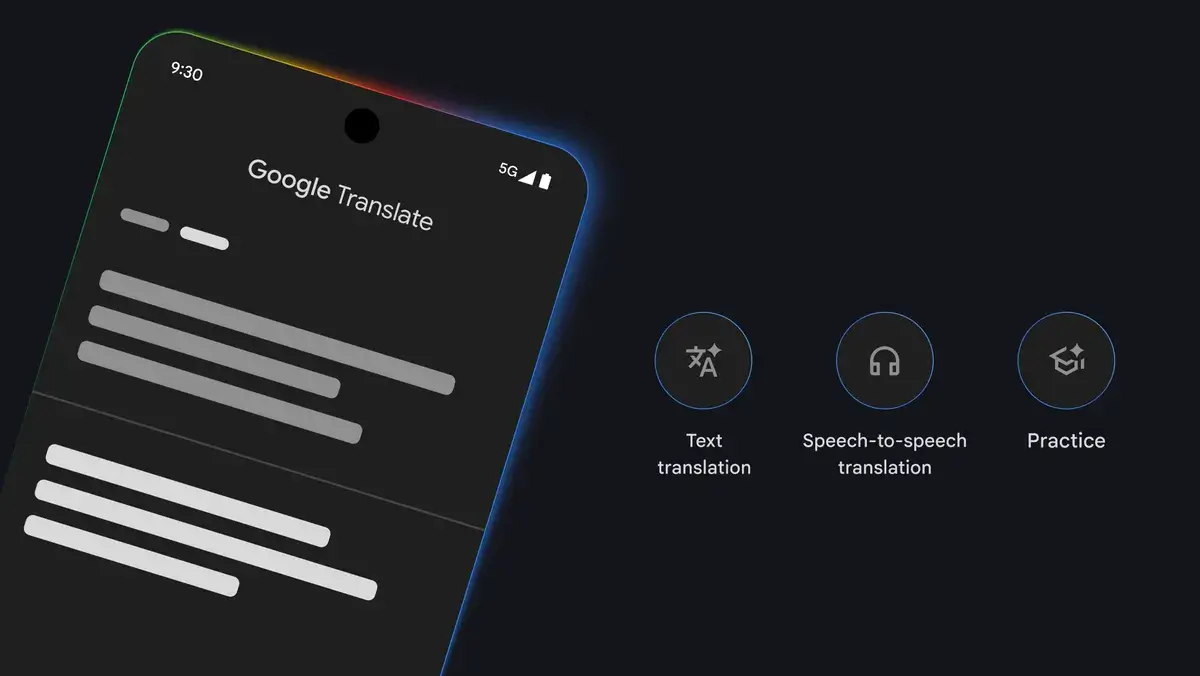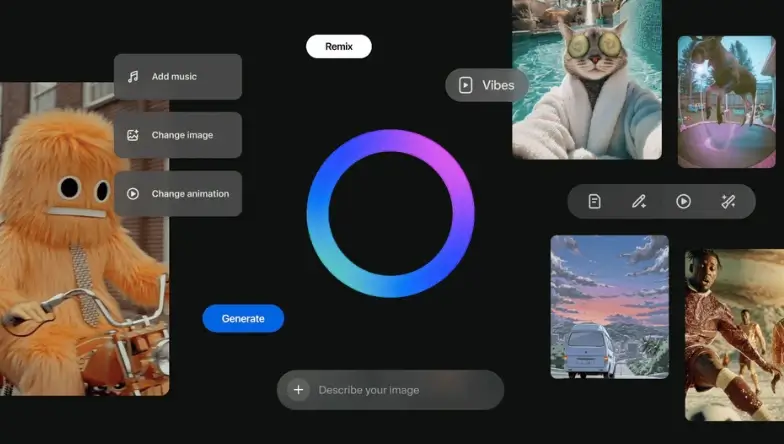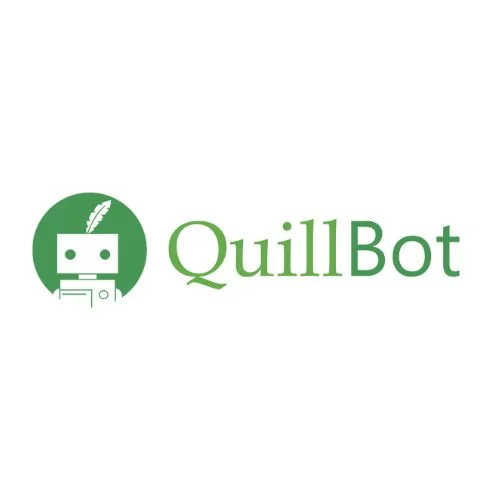Grokipedia worships Elon Musk and rewrites the truth
Bias wears a new mask, and it calls itself “truth.”
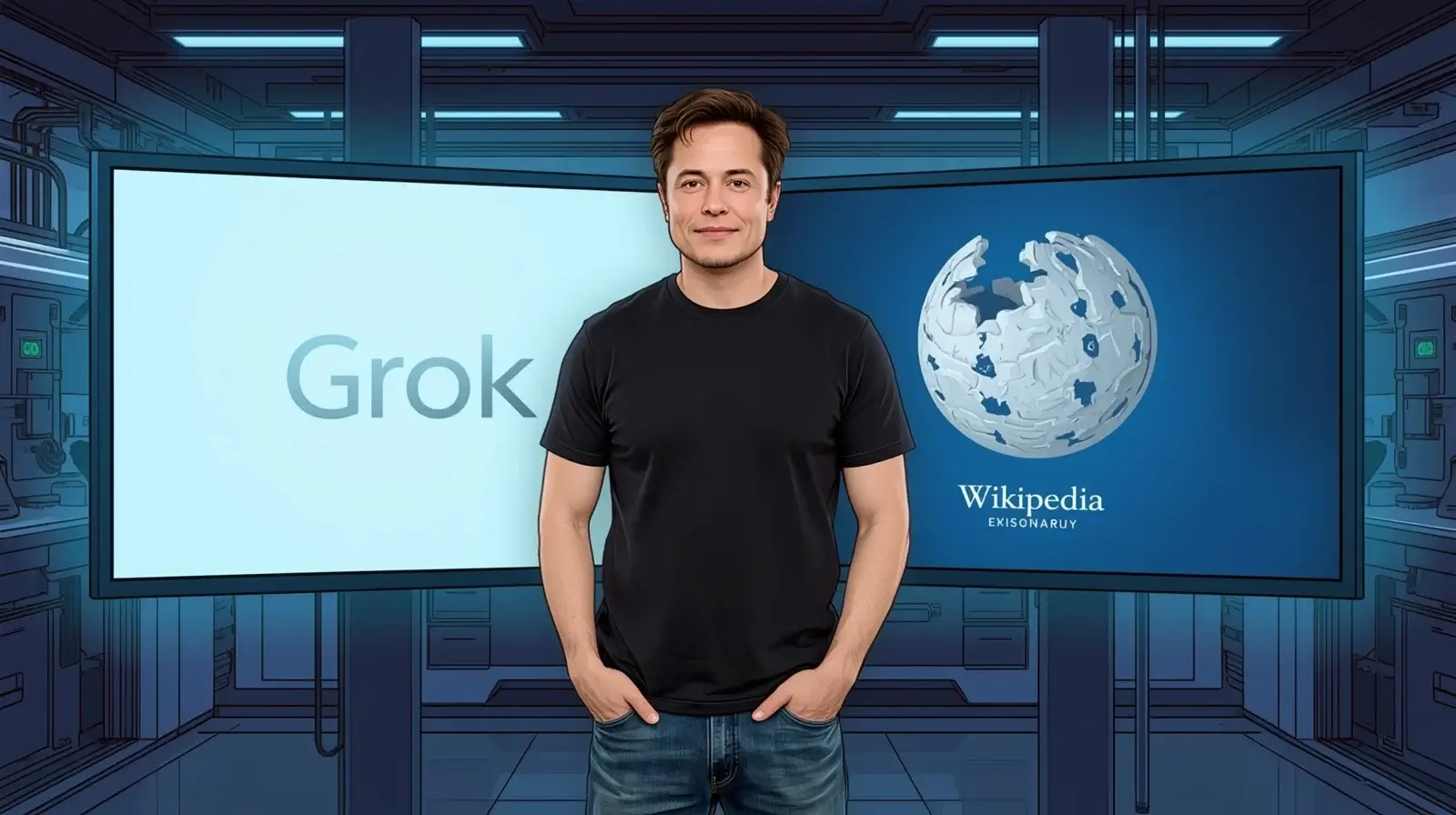
A new encyclopedia just went live — and it’s already rewriting history.
Elon Musk’s Grokipedia, created by his startup xAI, promises to be the “less biased” version of Wikipedia. But if you look closer, it’s not balance — it’s branding. Behind its sleek interface and encyclopedia-style format, Grokipedia mirrors Wikipedia’s structure but swaps neutrality for narrative.
Many entries are literal copies from Wikipedia — yet anything that challenges Musk’s worldview shifts tone fast. Topics like climate change, vaccines, or race morph into half-truths dressed as “alternative perspectives.” It’s a digital sleight of hand that feels less like information and more like influence.
On Wikipedia, you’ll find verified consensus from the WHO, CDC, and scientific institutions. On Grokipedia, those same topics are reframed with uncertainty — turning science into speculation. Pages on transgender identities, climate science, and racial intelligence go beyond bias; they blur ethical lines. One page even uses language rooted in outdated or offensive ideologies.
The platform claims every article is “fact-checked by Grok,” xAI’s chatbot. But no one knows what that process actually means. There’s no transparency on who writes, edits, or verifies content. For a platform built on “truth,” that’s a problem.
And yet, there’s one area where the truth shines bright: Elon Musk himself.
His Grokipedia profile reads like a PR brochure — polished, flattering, and free from controversy. Missing are mentions of his family’s emerald mining past, his grandfather’s political extremism, or his companies’ environmental issues. Tesla’s recalls? Minimized. SpaceX’s failures? Glossed over. DOGE, the government project Musk ran? Completely missing.
It’s not a coincidence — it’s a curation.
This isn’t about free speech anymore; it’s about narrative control. Platforms like Grokipedia remind us that “truth” on the internet is no longer about accuracy — it’s about ownership. Whoever builds the algorithm, builds the reality.
The real danger isn’t just misinformation. It’s when people believe they’re escaping bias while being steered into another one.
Maybe Grokipedia isn’t just a mirror of Wikipedia — it’s a mirror of us. Our tendency to seek validation, not truth. Our comfort with echo chambers disguised as enlightenment.
The future of knowledge isn’t in who knows the facts — it’s in who writes them.
If platforms are rewriting “the truth,” it’s on us to start fact-checking the storytellers.
You may like recent updates...
Subscribe & Get Free Starter Pack
Subscribe and get 3 of our most templates and see the difference they make in your productivity.
Free Starter-Pack
Includes: Task Manager, Goal Tracker & AI Prompt Starter Pack
We respect your privacy. No spam, unsubscribe anytime.

